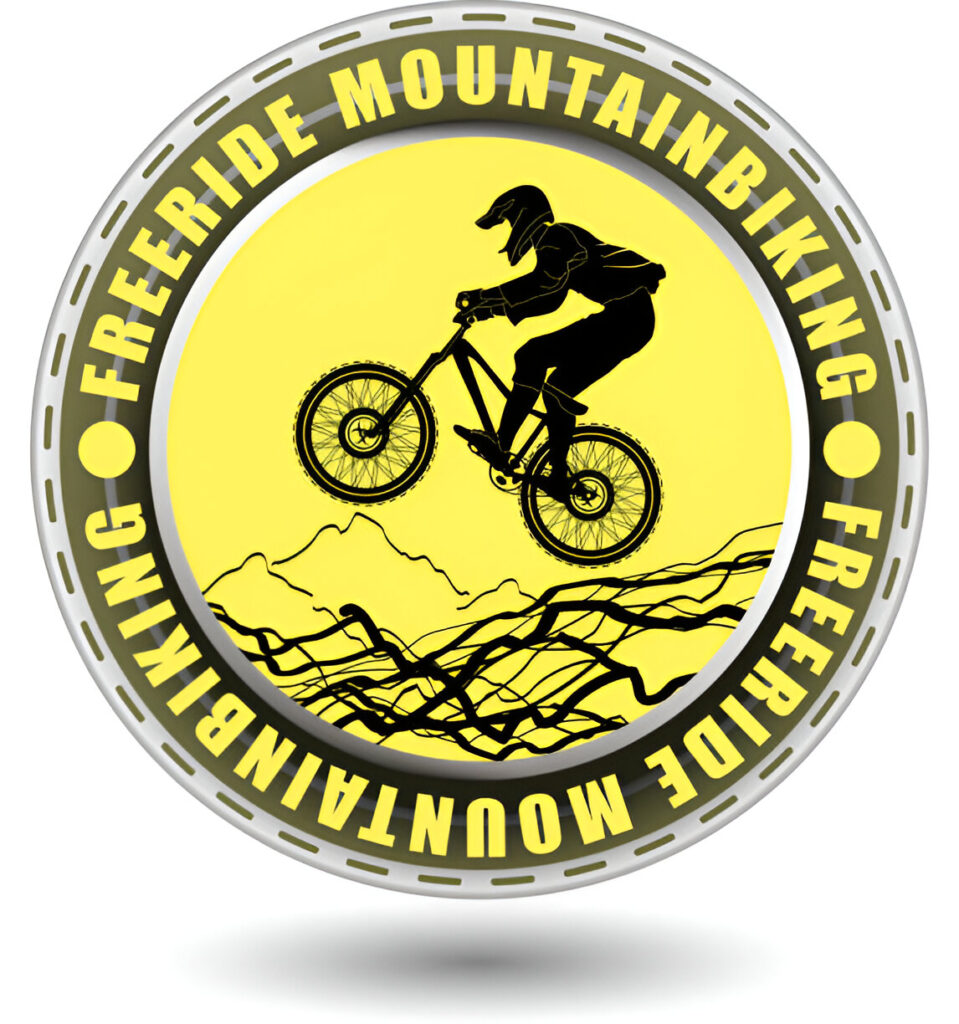Key Takeaways
- Understand the importance of a well-rounded MTB training program.
- Learn techniques to enhance strength, endurance, and mental focus.
- Discover common pitfalls and how to avoid them.
- Find out how proper nutrition plays a role in your mountain biking performance.
Why Training is Crucial for Mountain Bikers
Mountain biking is about more than just about biking and hitting the trails. It calls for a blend of power, stamina, and mental clarity. Proper training prepares you for this exhilarating sport’s varied terrain and challenges. Understanding the value of a meticulously crafted train to ride plan can be the game-changer you need in your riding routine. Structured training is crucial for improving performance, preventing injuries, and enjoying a more fulfilling biking experience. Mountain biking involves physical exertions, including intense energy bursts for uphill climbs and steady endurance for long trails. Investing time in a comprehensive training program is equally important as investing in the right bike and gear.
Strength and Conditioning: Building a Solid Foundation
Strength and conditioning form the cornerstone of any effective MTB training program. Concentrate on activities that build your upper body, legs, and core. Strength training, including weight training, resistance bands, and bodyweight exercises, can enhance leg strength, improve upper body strength, and prevent injuries. It aids in powerful pedaling and better control of the bike. A well-balanced strength routine enhances mobility and flexibility, making navigating children’s terrains easier. For a detailed guide on strength training principles, refer to this resource.
Endurance Training for Long Rides
Endurance is crucial for long mountain biking adventures. Incorporate cardiovascular exercises like running, swimming, or rowing into your routine, and practice long rides steadily to build stamina. Gradually increase the duration and intensity of these rides to adapt to prolonged exertion. Consistent endurance training improves heart and lung efficiency and fat utilization, making the body more efficient at using fats as energy.
Mental Focus: The Unsung Hero of Mountain Biking
Mental toughness is crucial for successful trail riding. Visualization, mindful breathing, and positive self-talk can enhance focus and decision-making abilities. Visualization prepares for unexpected obstacles, while conscious breathing maintains calmness under pressure. Positive self-talk builds confidence and reduces anxiety, making mental focus crucial for a successful ride.
Joint Training Pitfalls and How to Avoid Them
Mistakes during training can lead to injuries or burnout. To avoid overtraining, schedule rest days and listen to your body. Balanced training with adequate rest is crucial for optimal performance and recovery. Include cross-training and flexibility exercises, such as yoga or Pilates, to improve flexibility and joint health. These exercises alleviate muscle tightness and enhance body mechanics, making technical maneuvers easier.
Nutrition: Fueling Your Rides
Diet plays a crucial role in performance, with carbohydrates, proteins, and fats providing energy. Nutrient-rich foods enhance energy levels and well-being. Hydration is essential, with plenty of water and electrolyte drinks for long rides. Dehydration can lead to cramps, fatigue, and reduced performance. Proper hydration maintains electrolyte balance, supporting bodily functions for sustained energy and endurance.



